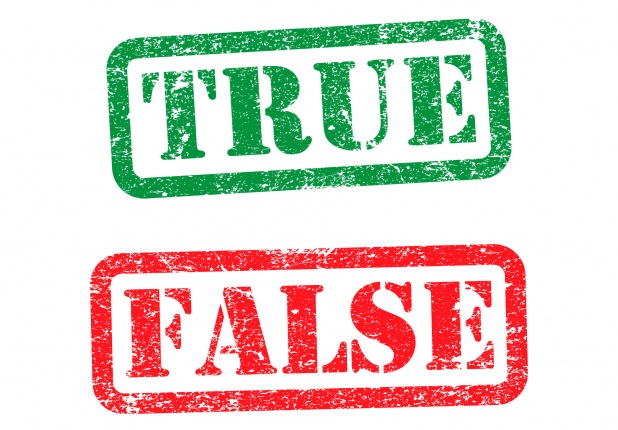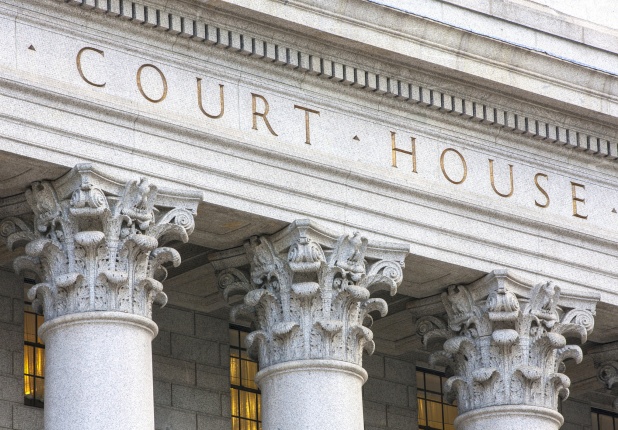Data Mapping - Why is it Important for Successful E-Discovery?
A data map is usually something that is generated along with a data retention plan and is a great starting point if and when an organization becomes involved in litigation and discovery. Long before litigation and discovery, however, it is important to understand the relevant data sources that may be in play and where those can be found within the organization’s various data systems. This blog explains what a data map is, what it contains and how it is helpful.






